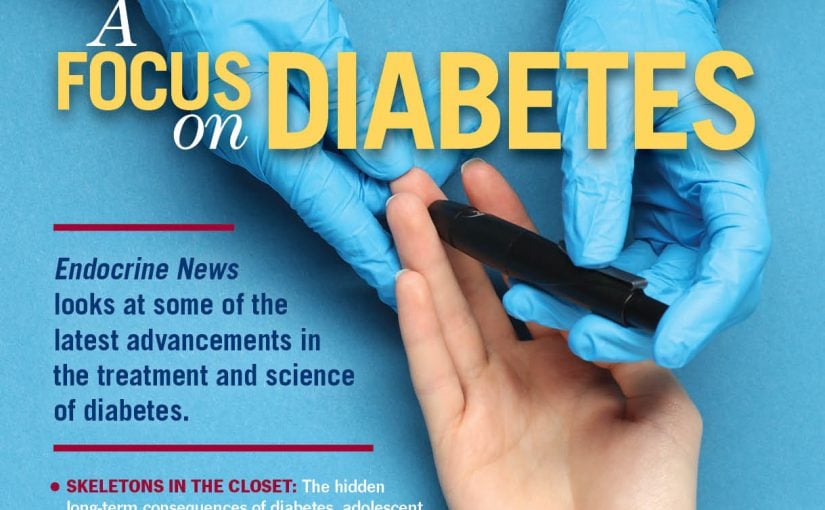The Endocrine Society applauds Governor Mike Dewine’s veto of a proposed Ohio law that would have banned gender-affirming care for minors. The bill he vetoed contradicts mainstream medical practice and scientific evidence and would have taken medical decision-making out of the hands of families and their physicians and instead relied upon government officials.
More than 2,000 scientific studies have examined aspects of gender-affirming care since 1975, including more than 260 studies cited in the Endocrine Society’s Clinical Practice Guideline.
Major medical and scientific organizations including the American Medical Association, the American Psychological Association, and the American Academy of Pediatrics are in alignment with the Endocrine Society on the importance of gender-affirming care.
In June, the Endocrine Society worked with other medical societies in American Medical Association (AMA) House of Delegates to pass a resolution with overwhelming support to protect access to evidence-based gender-affirming care for transgender and gender-diverse individuals. In the resolution, the AMA committed to opposing any criminal and legal penalties against patients seeking gender-affirming care, family members or guardians who support them in seeking medical care, and health care facilities and clinicians who provide gender-affirming care.
Pediatric gender-affirming care is designed to take a conservative approach. When young children experience feelings that their gender identity does not match the sex recorded at birth, the first course of action is to support the child in exploring their gender identity and to provide mental health support, as needed.
Medical intervention is reserved for older adolescents and adults, with treatment plans tailored to the individual and designed to maximize the time teenagers and their families have to make decisions about their transitions.
As Governor DeWine noted, only a small number of Ohio’s children would be impacted by the proposed legislation, but it would have profound and even life-threatening consequences for those affected by gender dysphoria. Around 300,000 teenagers ages 13-17 in the United States, or 1.4% of the population, identify as transgender, according to the Williams Institute. An estimated 4,780 adolescents with a diagnosis of gender dysphoria started puberty-delaying medication between 2017 and 2021, according to an analysis performed by Komodo Health Inc for Reuters.
Gender-affirming care can be life saving for a population with high suicide rates. For example, a 2020 study analyzed survey data from 89 transgender adults who had access to puberty-delaying medication while adolescents and data from more than 3,400 transgender adults who did not. The study found that those who received puberty-delaying hormone treatment had lower likelihood of lifetime suicidal ideation than those who wanted puberty-delaying treatment but did not receive it, even after adjusting for demographic variables and level of family support. Approximately nine in ten transgender adults who wanted puberty-delaying treatment, but did not receive it, reported lifetime suicidal ideation.
Medical decisions should be made by patients, their relatives and health care providers, not politicians.
For more information, please see the Endocrine Society’s Transgender Health fact sheet or our Transgender Health Minors fact sheet.
You may also like
Hoshino Wins Wayne Bardin International Travel Award
The Endocrine Society has selected Yoshitomo Hoshino, MD, PhD, as the recipient of its 2025 C. Wayne Bardin, MD, International Travel Award for his outstanding ENDO abstract and research contributions to the care of patients with bone health disorders. The C. Wayne Bardin, MD, International Travel Award was created in honor of Past President Wayne…
Webinar Will Examine Concerns Around Compounding Anti-Obesity Medications
Endocrine Society to host virtual Science Writers Conference Nov. 14 Surging demand for a new generation of highly effective anti-obesity medications is creating interest in compounded versions of these medications. Endocrine Society experts will discuss the importance of prescribing FDA-approved medications to treat obesity during the Society’s Virtual Science Writers Conference on November 14. What:…

